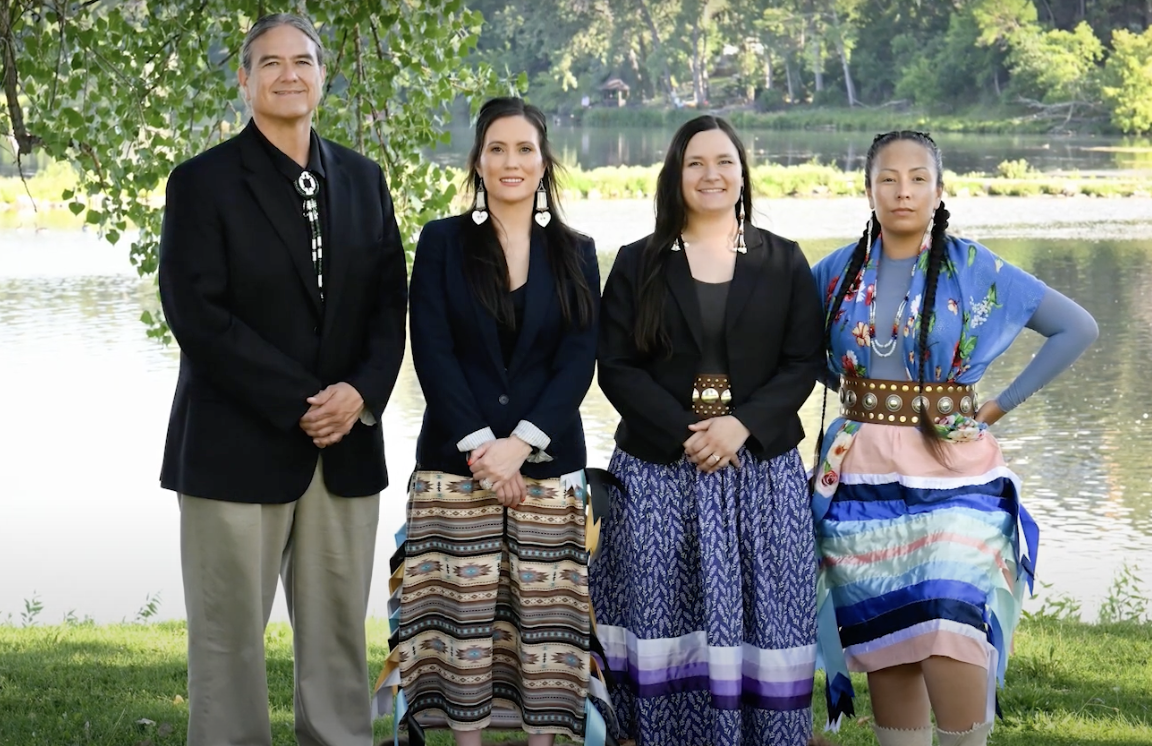
- Details
- By Kaili Berg
Last month, the Johns Hopkins Center for Indigenous Health opened a new hub in Rapid City, S.D., to bring Native-focused health care to the region.
Great Plains Native Health Hub blends traditional and modern medical approaches, all while centering Indigenous values and knowledge systems.
Dr. Donald Warne, co-director of the Johns Hopkins Center for Indigenous Health, saw an urgent need to bring these resources to the region’s Native communities, which face alarming health disparities.
The life expectancy for Native Americans more than 25 years lower than the U.S. general population, largely due to preventable causes. Warne believes that creating a safe and trusting environment for health care is the first step toward closing this gap.
“Our leadership team for the Great Plains Hub consists of all Lakota people," Warne said. "What we’re excited about is we have new research projects studying Lakota populations, led by an entirely Lakota research team. This is an opportunity to provide more training for community members who might be interested in health care careers.”
"If we don’t focus on it right now, the future is going to be very uncertain for us. Dr. Warne has brought something forward, brought something to this sacred place of healing,” Chairman Peter Lengkeek of the Crow Creek Sioux Tribe said.
The Great Plains Native Health Hub is launching two major initiatives, each designed to address specific health challenges in the region. One of these is Together Overcoming Diabetes, a comprehensive program that goes beyond traditional diabetes prevention.
This initiative focuses on improving diet and physical activity, reducing stress, and promoting holistic wellness using Indigenous cultural and spiritual practices. In Lakota communities, this effort will be guided by the Lakota/Dakota Wicozani Wellness Concept, which emphasizes mental, physical, and spiritual balance.
Another pivotal program is the Northern Plains American Indian Lung Cancer Intervention Project. This initiative aims to improve lung cancer control among Native populations in the region by integrating traditional and modern medicinal practices.
Warne and Dr. Jordyn Gunville-Pourier, this project will incorporate a health navigation program to support lung cancer screening and follow-up, while also promoting the use of traditional medicinal herbs in Lakota ceremonies to eliminate commercial tobacco use.
Looking ahead, the hub is exploring the potential for an Indigenous School of Medicine (ISOM) in Rapid City, which would address the critical shortage of Indigenous healthcare professionals.
As well, the hub willl launch the Ceremony Assisted Treatment Study, which will evaluate culturally integrated treatments for substance use disorders. Both efforts aim to transform health care for Indigenous communities, while elevating Indigenous approaches to healing in research, training, and practice.
“Hope is here, and hope is powerful,” Lengkeek said. “Hope will keep you alive in the most dire of situations, and that’s what’s provided here, future generations, my grandchildren, and their children are going to live longer than 45 years old. And they’re going to live a long, healthy life because of what’s happening here.”
More Stories Like This
This National Cancer Prevention Month, Reduce Your RiskNew Mexico Will Investigate Forced Sterilization of Native American Women
USDA Expands Aid for Lost Farming Revenue Due to 2025 Policies
Two Feathers Native American Family Services Wins 2026 Irvine Leadership Award
Bill Would Give Federal Marshals Authority to Help Tribes Find Missing Children


